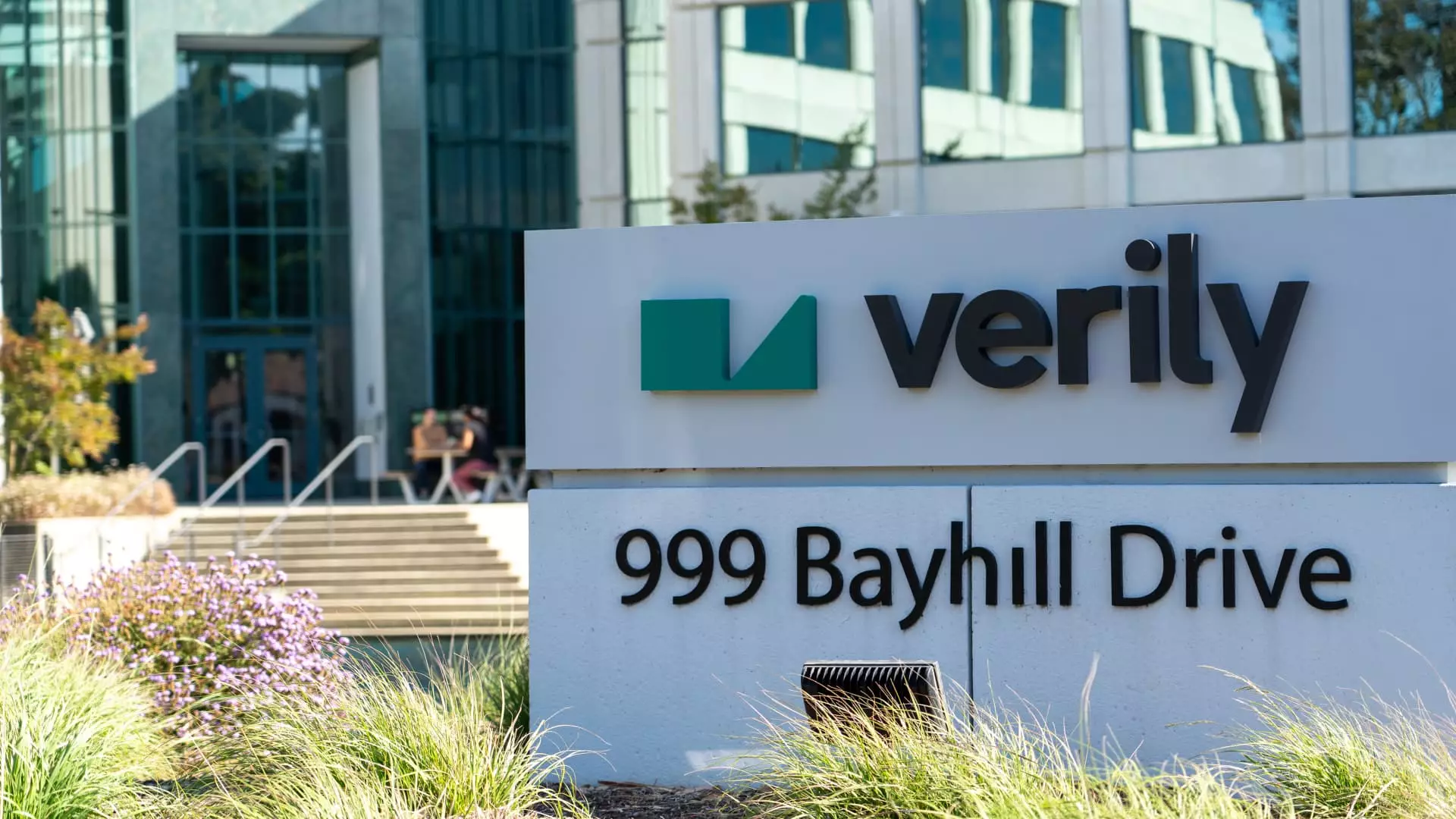Verily, a health technology subsidiary of Alphabet Inc., has officially announced the sale of its insurance wing, Granular Insurance Company, to Elevance Health. This development marks a significant transition for Verily, which has faced numerous adjustments in its operational framework over the past few years. Originally launched as Coefficient Insurance Company in 2020, Granular Insurance aimed to provide innovative stop-loss insurance solutions for self-funded employers, supported by powerful proprietary technology and strategies. However, the business landscape in which Verily operates has proven challenging.
The decision to divest Granular comes amid a broader context of organizational change within Verily. Once heralded as one of Alphabet’s most promising ventures, the company has undergone severe workforce reductions and administrative overhauls, reflecting its persistent struggle to pinpoint a sustainable and profitable market niche in the competitive healthcare sector. Despite having raised over $1 billion since its inception and attracting prominent figures from other tech giants, Verily has continuously pivoted its focus—from developing hardware like continuous glucose monitors to participating in pandemic management during COVID-19, and more recently, to precision medicine.
This divestment highlights the challenges of maintaining a coherent strategy in a rapidly changing environment. Verily’s recent endeavors include the launch of an artificial intelligence-driven chronic care solution named Lightpath, aimed particularly at enhancing metabolic health for patients using advanced weight-loss medications. The inconsistency in its approach—from insurance to technological healthcare solutions—poses questions about the underlying strategic direction of the company. Many may wonder whether the sale of Granular is a step backward or a necessary shift to ensure focus on core competencies in healthcare innovation.
The sale of its insurance business signals Verily’s acknowledgment of the complex nature of healthcare markets and the challenges associated with integrating traditional insurance products into a primarily technology-driven strategy. Without disclosing the terms of the deal, the focus has shifted to utilizing the resources to bolster their technology solutions, particularly in chronic care management which remains rife with demand. This transition may also reflect Verily’s intent to streamline operations and concentrate on areas where it can leverage its technological strengths without the burdens inherent to the insurance sector.
While Verily’s exit from the insurance market may signify a setback in diversifying its business model, it also opens opportunities for the company to lean into its technological prowess and innovation-driven healthcare solutions. The future of Verily lies in its ability to adapt and evolve, aiming to fulfill unmet needs in the healthcare environment while navigating the complexities of a fast-evolving industry landscape.


Leave a Reply